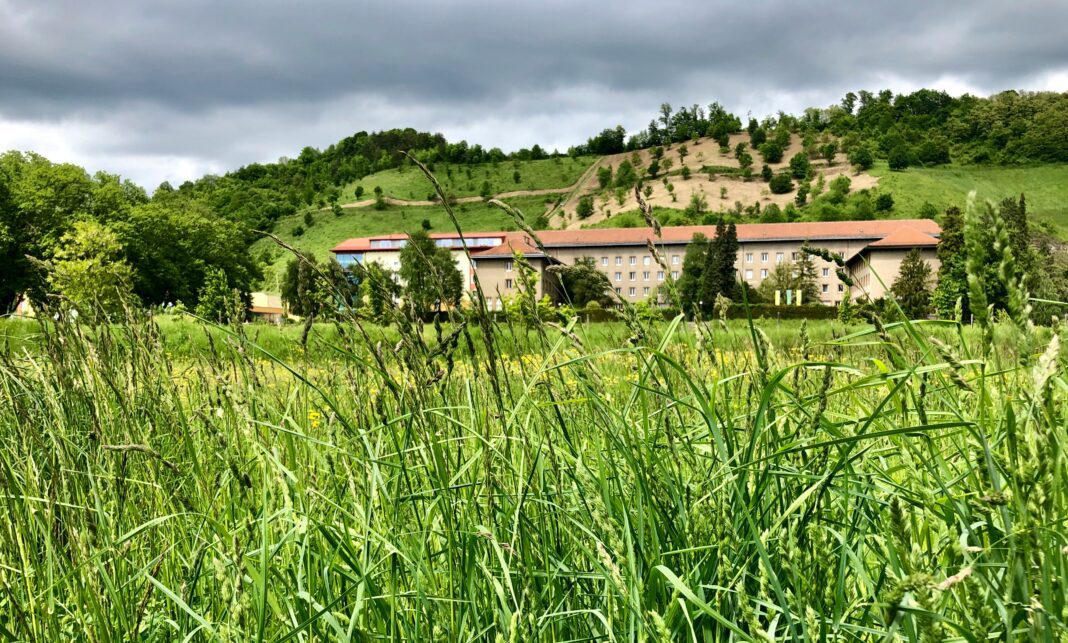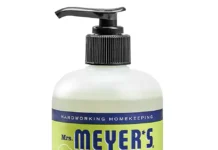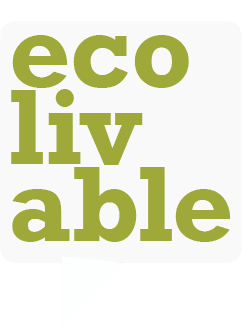Should you buy or rent in France? Discover housing costs, where to find properties, and tips for expats moving to France. Start your house hunt today! #FranceHousing
Once you’ve secured your visa, the next big decision when moving to France is housing. Should you buy or rent? How expensive are houses, and where should you look? This guide explores the French housing market, costs, and practical tips to find the perfect home for your new life.

Buy or Rent: What’s Best for You?
Renting is the most common choice for expats, especially in the first year, as it offers flexibility while you settle in. You only need to show three months of accommodation for a Long-Stay Visa, making short-term rentals a low-stress option. However, buying can be a good investment if you’re committed to staying long-term, as property prices in some regions are more affordable than in major U.S. cities. For example, a couple on Reddit bought a house in the Loire Valley for less than a down payment in California, highlighting the value in rural areas.
How Expensive Are Houses in France?
Housing costs vary widely by region. In Paris, a one-bedroom apartment rents for around €1,200 per month, while buying a similar property can cost €400,000 or more. In suburban or rural areas like Bordeaux or the Dordogne, rental prices drop to €600-€800 monthly, and you can buy a modest home for €140,000-€200,000. Utilities (water, heating, electricity) add about €180 monthly for an 85-square-meter space, and internet costs around €29 per month. The market is competitive, with high demand in cities, so expect to act quickly when you find a property you like.
Where to Look for Houses
- Online Platforms: Start your search on sites like Le Bon Coin (leboncoin.fr), SeLoger (seloger.com), or HousingAnywhere (housinganywhere.com) for rentals and purchases. Morning Croissant (morningcroissant.com) is great for short-term rentals.
- Real Estate Agents: Working with an English-speaking agent can simplify the process, especially for buying. Expat groups on social media often have recommendations for trusted agents.
- Local Connections: If you’re in a smaller town, check local listings or ask around—some properties aren’t advertised online. For rentals, you’ll need a “dossier” proving financial stability, including proof of income and ID.
Key Considerations
- Location Matters: Choose a city that fits your lifestyle. Paris offers a vibrant cultural scene but high costs, while Lyon (the gastronomy capital) and Bordeaux (slower-paced) are more affordable. Nice is eclectic with a Mediterranean vibe but has limited housing in the city center.
- Rental Requirements: Landlords may require insurance for damage as part of the lease, and failure to comply can terminate your contract. If moving with kids, ensure your home is in the right school catchment area.
- Buying Process: Buying in France isn’t overly complicated, but you’ll need a notary to finalize the sale. Budget for additional costs like notary fees (7-8% of the purchase price) and taxes.
What’s Next?
Whether you buy or rent, settling into France goes beyond finding a home—it’s about blending into the culture. Our final article, Blending in with the French Culture (#), shares tips on speaking French, building connections, and embracing the French way of life.
Where are you planning to live in France? Share your dream location in the comments!









